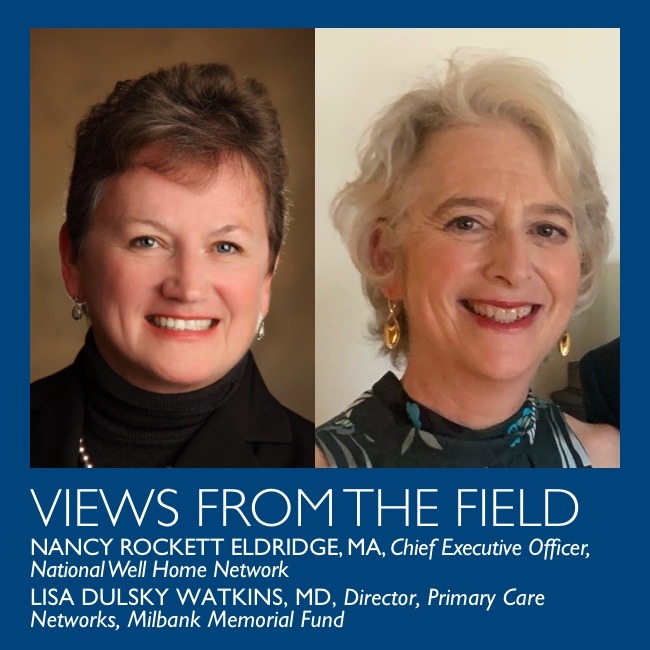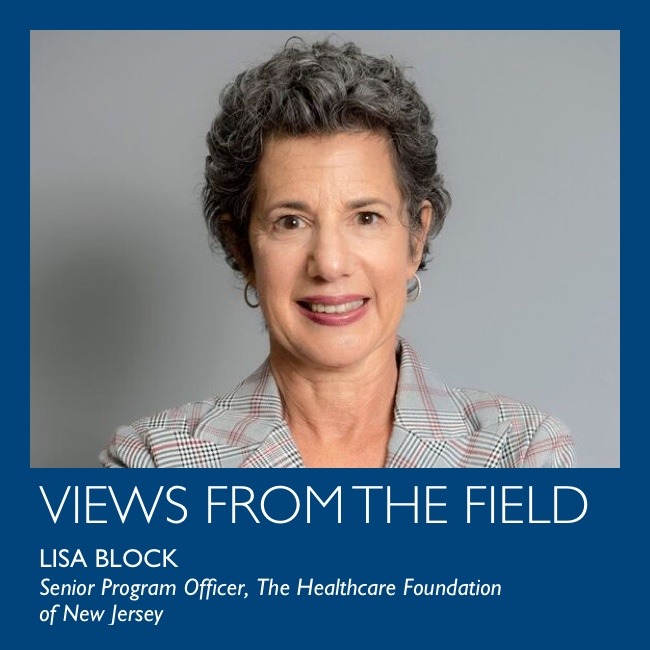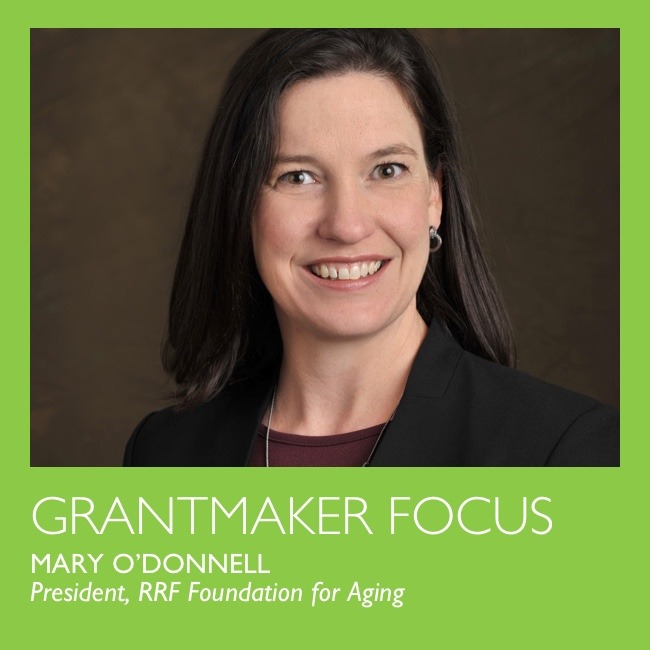RRF Foundation for Aging
“U.S. Census Bureau projections foresee the number of people age 65 and older rising dramatically in the next decade. With an aging population, there is a growing need to provide training and self-care relief, sustainable systems, and better resources for the nation’s 53 million unpaid family caregivers currently serving a vital role in our long-term care health system.
Philanthropy @ Work – Transitions – January 2023
The latest on transitions from the field.
VNA Foundation: January 2023
VNA Foundation recently released the report, “Utilizing a Mixed-Methods Analysis to Differentiate Models of Healthcare for PSH Residents.” In it, the foundation describes a data project that was piloted to determine how healthcare can be best provided to residents in permanent supportive housing.
RRF Foundation: January 2023
The RRF Foundation for Aging released a call to action to address Older Adult Debt Burden. In The Call to Action, RRF Foundation for Aging illuminates a problem hidden for too long and calls on advocates, researchers, service providers, funders, and others to get involved with addressing this urgent issue.








